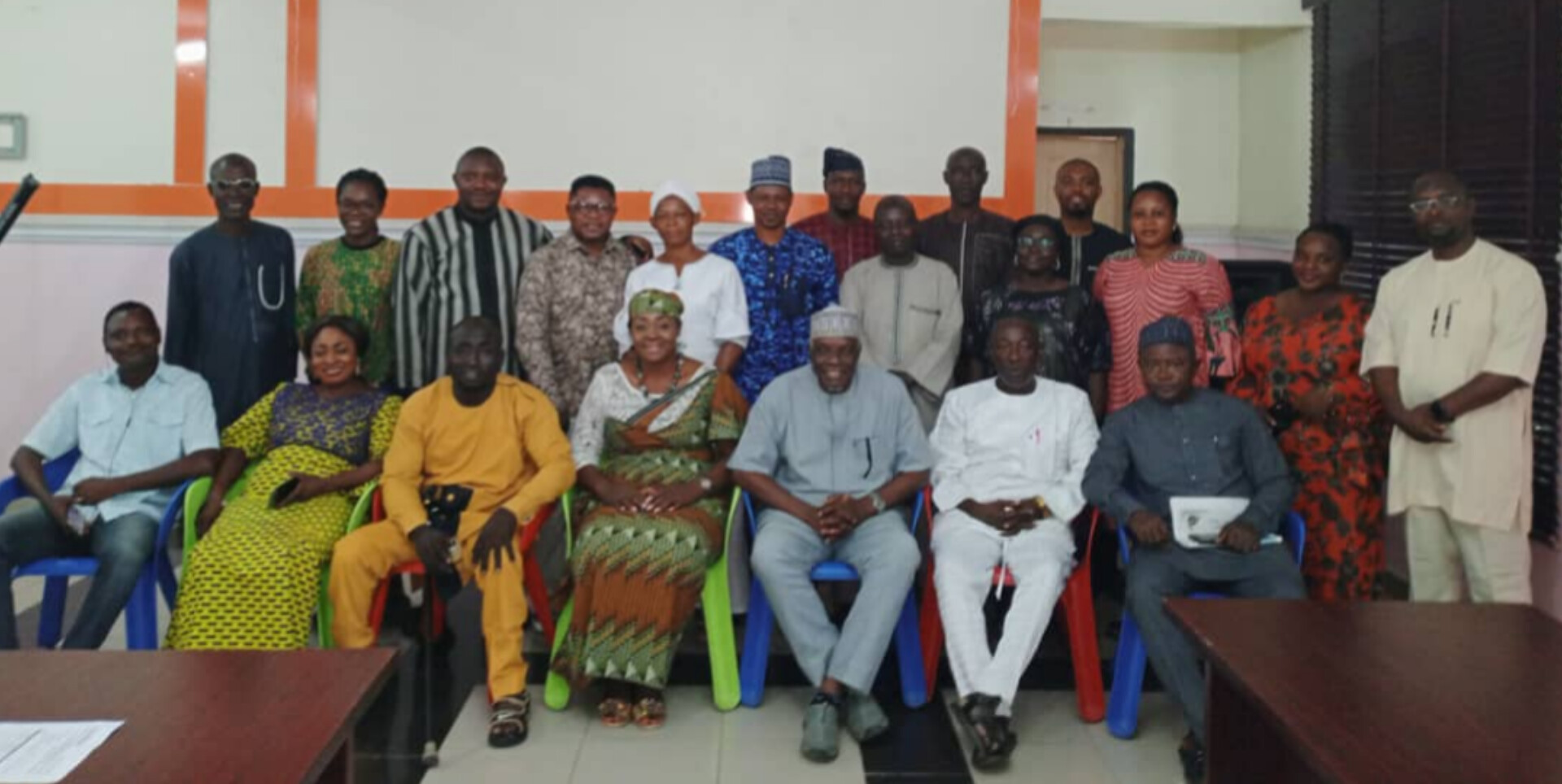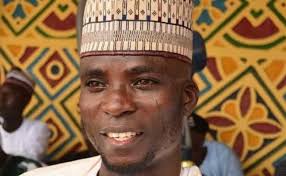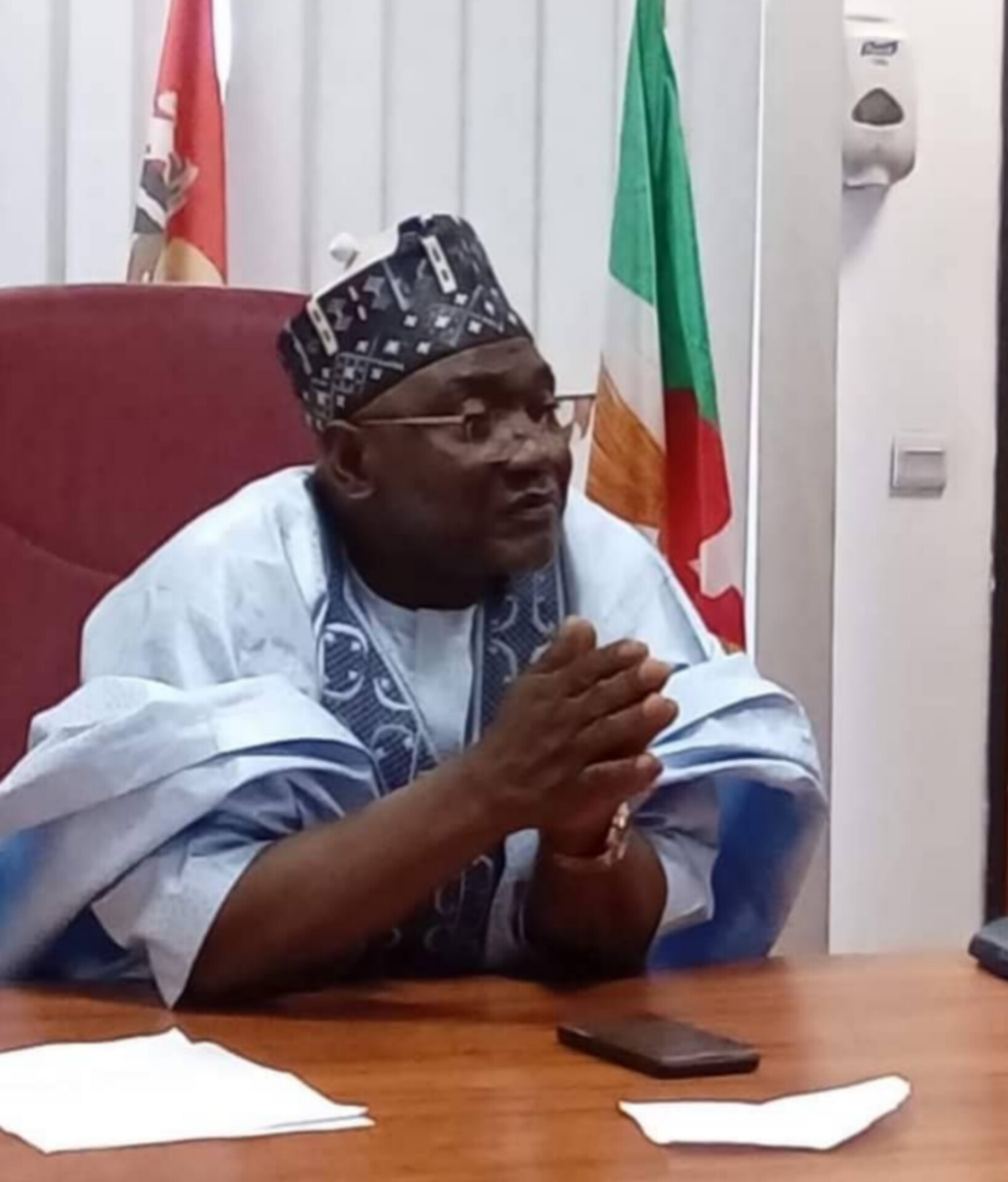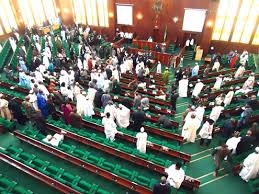By Friday Idachaba, Lokoja.
Kogi State House of Assembly should take deliberate steps to ensure increased citizens’ participation in budgetary processes, Nigeria Civil Society Situation Room in collaboration with Initiative For Grassroot Advancement In Nigeria (INGRA) has charged.
This, according to the CSO, can be achieved through the organization of public hearing during its constitutionally provided function of annual consideration and approval of the Appropriation Bills from the Executive arm.

The CSO made the call in a communiqué issued at the end of the 1st Bi-Monthly meeting of the State Level Advocacy And Legislative Engagement Forum, which took place on Friday in Lokoja
The Communiqué, signed by Mr Hamza Aliyu, Executive Director of INGRA, said the meeting was organized with support from the Nigeria Civil Society Situation Room and Foreign, Commonwealth and Development Office (FCDO).
The Communiqué observed that the state budgeting process has always, majorly been a top-bottom approach, with little or no inputs from citizens adding that Bills and Motions by elected members of the House are mostly without inputs from their constituencies.
“Constituency meetings by elected members of the Kogi State House of Assembly are not consistent and effective in providing the constitutional platform for engagement with citizens.
It further observed that a review of the 2023 State Budget showed that there was a heavy sided focus on recurrent expenditure, to the detriment of the needs of citizens
The Communiqué held that there was a need for a shift in focus from Recurrent to capital spending in the 2024 Budgets.
“There is a need to reduce allocation of resources from Administration Sector to Social Sector to ensure better standard of living for Citizens of Kogi State.
“Executive and the Legislature must ensure increased resources to Water, Sanitation, and Hygiene (WASH), Housing, Ministry of Women Affairs and Social Development (MWASD), Youth Commission, and Disability Board in the 2024 budget appropriation”, the communiqué urged.
It also enjoined stakeholders to, with urgency, engage the relevant House Assembly Committees with a view to addressing the optimal operationalization (implementation) of the Child Rights Law in the state.
Other laws demanding urgent operationalization according to the Communiqué include, Violence Against Persons Prohibition Law, Youth Commission Law, Elderly Person and the Aged Law, as a result of certain limitations in these laws and their enforcement.
The Communiqué also urged Kogi State House of Assembly to as a matter of urgency, appropriate sufficient resources to the Ministry of Agriculture to address issues of food security in the 2024 budget.
It further urged the government to prioritize the the capacity building of leaders and make it a core criterion before appointment at all levels – Ministries Departments and Agencies (MDAs) for functionality and effectiveness.
The Communiqué signed by Mr Hamza Aliyu, Executive Director, INGRA, further said, “There should be deliberate funding for capacity building in 2024 Budget to cater for this”




